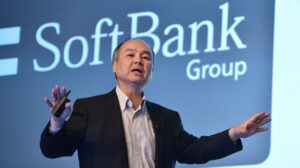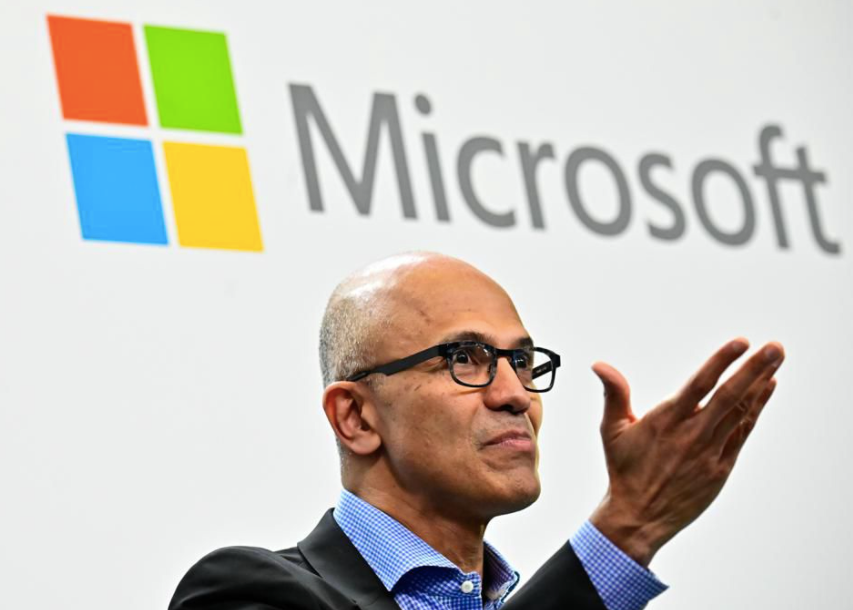|
Getting your Trinity Audio player ready...
|
Microsoft’s quest to acquire video game powerhouse Activision Blizzard is heading towards a dramatic legal showdown with U.S. regulators. With a whopping price tag of $69 billion, the proposed merger between the tech giant and the gaming titan has raised concerns about the future of competition and innovation in the gaming industry.
As Microsoft aims to expand its video game imprint beyond the Xbox console, the U.S. Federal Trade Commission (FTC) is determined to block the deal, arguing that it would harm consumers and restrict fair market competition.
The Crucial Legal Battle:
The impending clash between Microsoft and the FTC will be played out in a series of hearings spanning five days in San Francisco, with the proceedings expected to conclude on June 29. Prominent figures, including Microsoft CEO Satya Nadella and Activision Blizzard CEO Bobby Kotick, will take the stand to present their testimonies before U.S. District Judge Jacqueline Scott Corley.
The outcome of this legal battle will be critical in determining whether Microsoft can move forward with the acquisition or face significant regulatory hurdles.
The FTC’s Allegations and Defense:
The FTC contends that the merger will grant Microsoft undue influence and impede fair competition within the gaming industry. To support its case, the commission will call upon industry experts and a top executive from Sony, the maker of the popular PlayStation video game console.
They argue that Microsoft’s ownership of iconic game titles such as Call of Duty, World of Warcraft, and Candy Crush, in addition to its existing Xbox franchise, would result in monopolistic practices detrimental to consumer choice and innovation.
Judge Corley’s Decision and Future Proceedings:
Following the presentation of evidence and arguments, Judge Corley will make a crucial decision on whether to grant the FTC’s request for a court order to halt the deal temporarily. Such an injunction would delay the acquisition until a more extensive administrative trial takes place in Washington D.C., scheduled to commence on August 2.
However, a final ruling from Judge Corley is not anticipated until after the Fourth of July holiday. Microsoft’s ability to close the deal before the imposed deadline of July 18 hangs in the balance, as a failure to do so would trigger a hefty $3 billion breakup fee.
The Growing Significance of the Gaming Industry:
The legal dispute surrounding Microsoft’s acquisition bid shines a spotlight on the remarkable growth and importance of the gaming industry. With an estimated global audience of approximately 3 billion players, spanning console, PC, and mobile platforms, gaming has become a cultural phenomenon surpassing the movie and music industries combined.
The market is projected to expand further, reaching an estimated 4.5 billion players by 2030. Gamers’ willingness to invest in high-value game titles and subscribe to gaming services underscores the industry’s immense revenue potential.
Microsoft’s Strategic Vision and Regulatory Concerns:
Microsoft sees the proposed Activision deal as an opportunity to challenge Sony’s dominance in the gaming market and provide enhanced benefits to players. The company has committed to making Call of Duty available on Nintendo’s Switch console for a decade and expresses a similar willingness to strike a long-term agreement with PlayStation.
Additionally, Microsoft aims to offer gamers broader access to an extensive library of games through its Xbox subscription service. However, the FTC raises concerns that Microsoft’s increased power could lead to the exclusivity of popular titles on its own Xbox console and subscription services, drawing parallels to previous antitrust issues stemming from the ZeniMax Media acquisition.
Implications for Regulatory Oversight and Big Tech:
The legal proceedings also serve as a litmus test for the FTC’s strengthened oversight of Big Tech under the leadership of Chairperson Lina Khan. Having expressed the need for stricter regulation to prevent excessive consolidation of power, the Chairperson
Khan aims to rectify past leniency towards tech giants such as Amazon, Google, and Facebook. The clash with Microsoft comes six months after the FTC’s failed attempt to block Facebook owner Meta Platforms from acquiring a virtual reality fitness company. Convincing Judge Corley to intervene and halt the Activision deal poses a challenge for the FTC, given her previous skepticism and dismissal of a lawsuit by gamers seeking to stop the acquisition.
International Regulatory Landscape:
While the U.K.’s Competition and Markets Authority has taken steps to impede Microsoft’s takeover, European regulators representing the 27-nation bloc have granted approval with certain conditions. These conditions aim to foster competition in the cloud-based gaming market.
Several other countries, including China, Japan, Brazil, and South Korea, have also given their green light to the deal. Microsoft, however, continues to challenge the decision of British regulators through an appeal, while vehemently opposing U.K. government officials involved in the process.
Conclusion:
Microsoft’s proposed takeover of Activision Blizzard faces a pivotal legal battle as U.S. regulators seek to ensure fair competition and protect consumer interests. The outcome of this clash will shape the future of the gaming industry, which has emerged as a global phenomenon.
As Microsoft and the FTC present their arguments and evidence, Judge Corley’s decision will determine whether the acquisition proceeds as planned or faces further scrutiny. The ramifications of this case extend beyond the gaming realm, reflecting the evolving landscape of regulatory oversight for technology behemoths.



